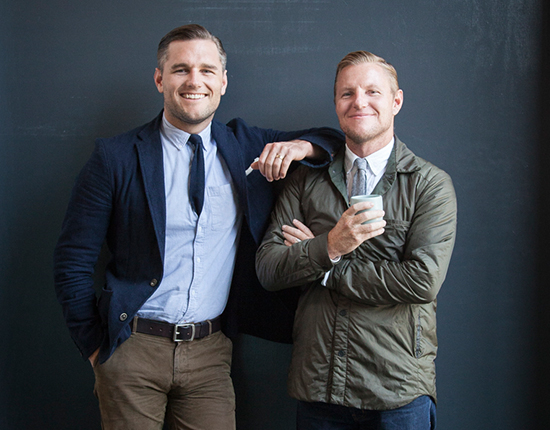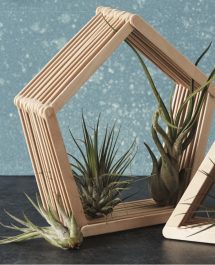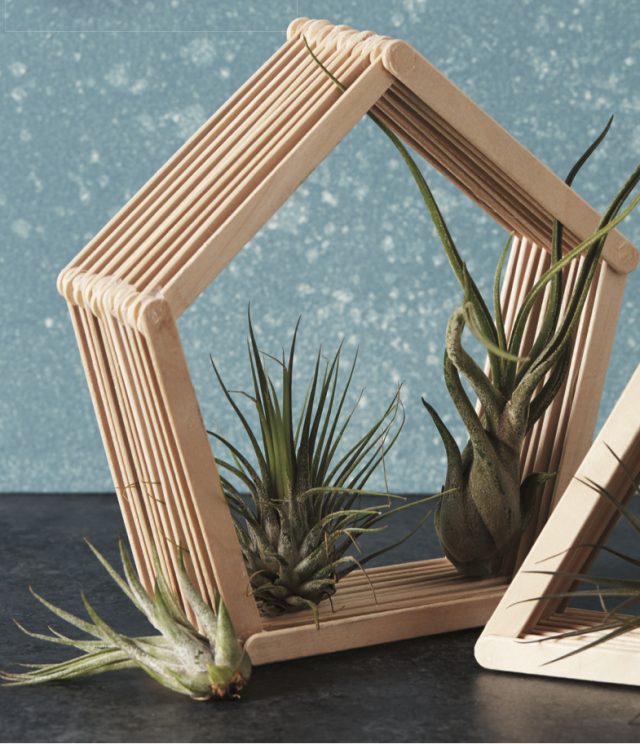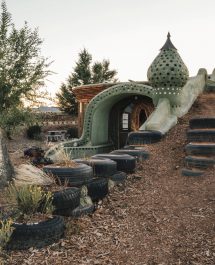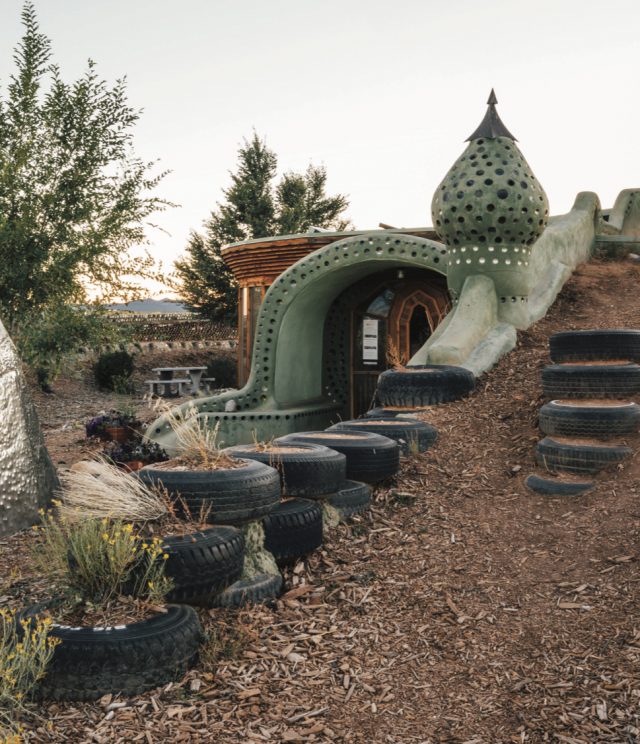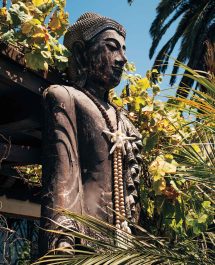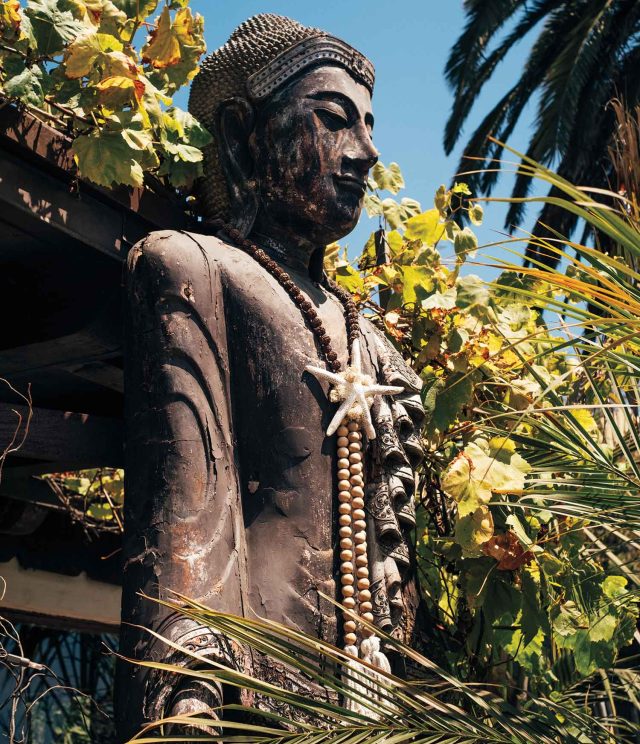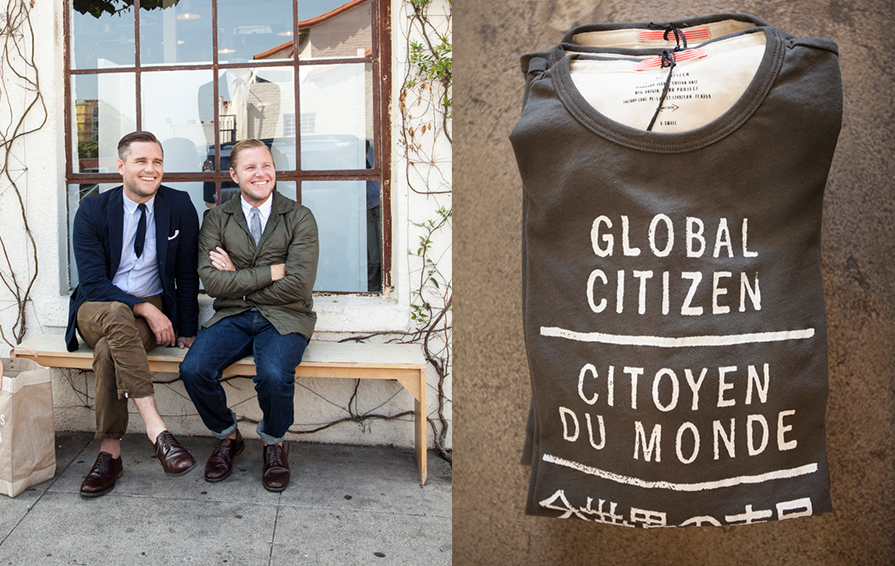
There is something unusual about the labels at the Arts District flagship store of Apolis, the up-and-coming Los Angeles-based menswear designer. On every price tag—whether shirt, belt, jacket or bag—you’ll find two unexpected pieces of information, prominently displayed: Country of Origin and Factory Code.
No doubt, the majority of the customers at Apolis are more interested in the soft weave of that pullover than the Peruvian factory in which it was woven, but for brothers Shea and Raan Parton, the Apolis co-founders, that identifying string of numbers is the entire point of their business. “We’re really open source with everything we do,” explains Raan. “It’s a reflection of what we think is important.”
What, exactly, they think is important: Using their fashion company to pioneer a new model for corporate activism, what they call “advocacy through industry.” What that means in action: Where most fashion companies will manufacture clothes in a handful of factories (in all likelihood in China), Apolis instead partners with socially-conscious producers and artisans in underserved communities around the globe.
So go ahead, look up that factory code. It might just belong to a cooperative of jute craftspeople in Bangladesh who use their profits to provide nutrition training and literacy classes to women, or a factory in India that empowers local weavers.
“There are other companies who try to help commercialize indigenous artisan skill sets, but Apolis has done it in a way that seems fashionable and relevant and timely and modern,” says Dale Denkensohn, a fashion executive who mentored the brothers when he was the lead sportswear designer at Patagonia. “I’ve never seen it done quite so well commercially.”
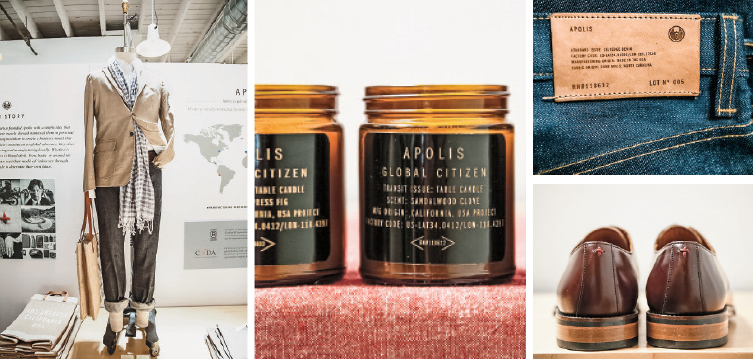 Growing up in Santa Barbara, Shea (31) and Raan (33) spent their childhoods traveling the world with their parents, who were passionate nonprofit supporters. “Our parents knew we were going to be Southern California monsters if we didn’t get to see the rest of the globe,” laughs Shea. The ruse worked. Before they’d graduated college, the brothers were shipping Apolis’s first “impact product”—a cashmere sweater created in conjunction with a Nepalese cooperative—straight out of Shea’s dorm room to Bloomingdale’s.
Growing up in Santa Barbara, Shea (31) and Raan (33) spent their childhoods traveling the world with their parents, who were passionate nonprofit supporters. “Our parents knew we were going to be Southern California monsters if we didn’t get to see the rest of the globe,” laughs Shea. The ruse worked. Before they’d graduated college, the brothers were shipping Apolis’s first “impact product”—a cashmere sweater created in conjunction with a Nepalese cooperative—straight out of Shea’s dorm room to Bloomingdale’s.
From the get-go, the Apolis agenda was to locate artisans with interesting skill sets and then, instead of just importing these “indigenous” crafts, partner up to design something together. Shea considers it a twist on the old proverb of teaching a man to fish: “We noticed that there’s plenty of well trained fishermen in all these developing economies, but they often don’t have the right bait or a large enough pond.
So we saw the opportunity to co-design products with local communities and cooperatives in order to bring them to a wider audience.”
A decade later, Apolis is what Raan jokingly calls a “10 year overnight success story,” with their clothes sold online and in stores ranging from Steven Alan to Nordstrom. They’ve collaborated with brands ranging from Filson to J.Crew and are one of the few American fashion companies that is both a B Corporation (the imprimatur of a company that’s achieved the highest benchmark for environmental and social responsibility) and a member of the CFDA, the discerning organization of fashion designers. The Apolis Market Bag—a leather-handled jute shopping bag designed with that Bangladesh cooperative—is their biggest success story, with more than 77,000 sold.
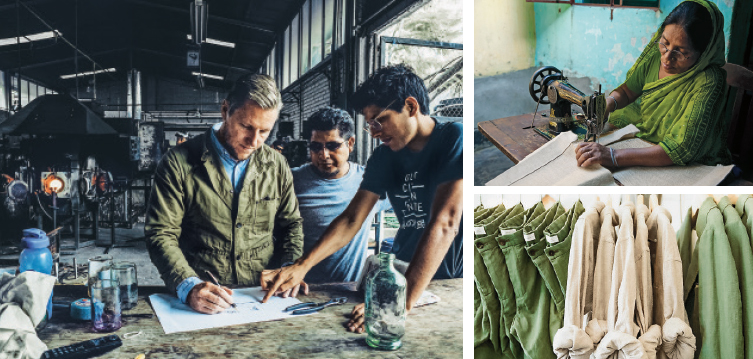 The brothers grew up surfing competitively, and there’s a relaxed, coastal feel to even their tailored clothes. Blazers are unconstructed; t-shirts are whisper-soft; khakis are rolled at the hem and styled with sockless loafers. An Apolis man looks like he’s prepared to disembark from a plane and climb a mountain before taking a meeting at the local cocktail bar.
The brothers grew up surfing competitively, and there’s a relaxed, coastal feel to even their tailored clothes. Blazers are unconstructed; t-shirts are whisper-soft; khakis are rolled at the hem and styled with sockless loafers. An Apolis man looks like he’s prepared to disembark from a plane and climb a mountain before taking a meeting at the local cocktail bar.
The company remains small, with a staff of just 12. The Arts District location is the only dedicated Apolis store, although the brothers also own a boutique two doors down called Alchemy Works, where they host a free community outreach speaking series. For now, Apolis is menswear only, but they are expanding into industrial design through a new project with Chivas, the Mexican whiskey company, in an initiative they call the “Mexico Project.”
That project exemplifies the brothers’ approach to economic activism. When Chivas asked Apolis to design a tumbler, they decided to upcycle the glass left over from the commercial manufacturing process. Aware that nearly 75% of Mexico’s famed glass-blowing studios have closed over the last decade, the Parton brothers partnered with Studio Xaquixe in Oaxaca to co-design a collection of products using that scrap glass. The resulting pieces—cups, bowls and crafts—launched as a subscription box in October and has provided Studio Xaquixe’s artists both regular employment and the chance to tap into a whole new marketplace.
Ultimately it’s a win-win for everyone—including the consumer. “The legacies of the factories, the families behind them, the cultural techniques handed down for hundreds of years—all these are incredibly interesting things,” Raan smiles. “We are the beneficiaries of these stories.”

